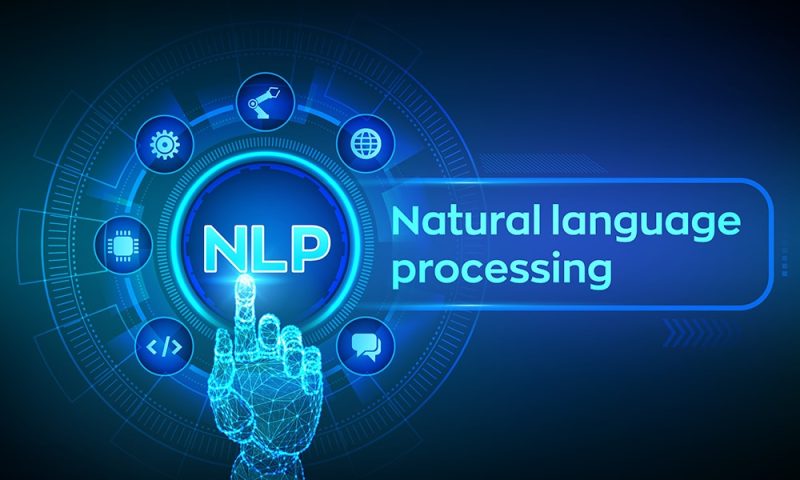About NLP(Natural Language Processing) Course
In an NLP course, students should be introduced to several essential Python packages that form the foundation of natural language processing. NLTK (Natural Language Toolkit) is a classic library, ideal for tasks like tokenization, stemming, and parsing, making it great for beginners. spaCy is highly efficient for large-scale operations, excelling in named entity recognition (NER), part-of-speech tagging, and dependency parsing. For topic modeling and word embeddings, Gensim stands out, offering tools for tasks such as LDA modeling. A must-have in modern NLP workflows is Transformers by Hugging Face, which provides pre-trained models for complex tasks like sentiment analysis, translation, and text generation using architectures like BERT and GPT. For simpler tasks, TextBlob offers user-friendly APIs for sentiment analysis, language detection, and text classification. Together, these libraries enable students to build a strong practical understanding of both traditional and cutting-edge NLP techniques. .
